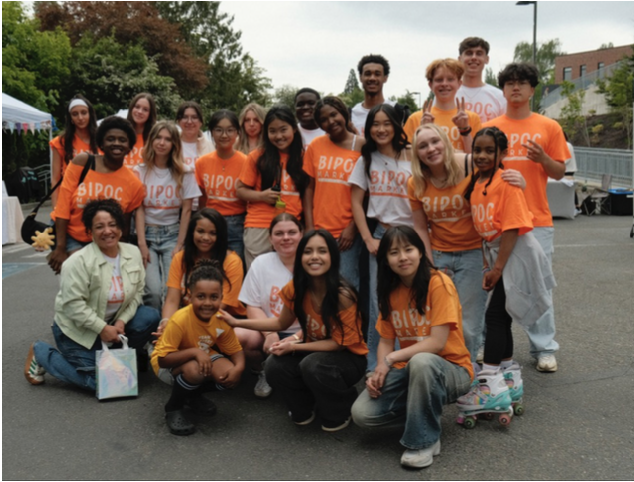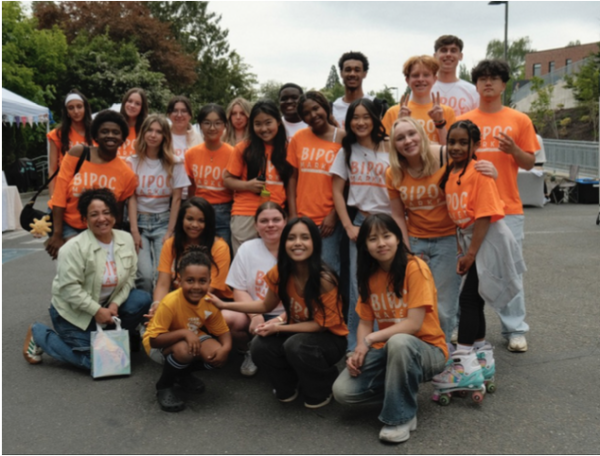5 Ways to Stay Politically Active During the COVID-19 Pandemic
photo courtesy of Gabrielle Krieger
There are several ways to stay politically active, even from home.
March 28, 2020
In light of the outbreak of COVID-19, spaces we usually gather to be politically active, such as town halls and rallies, have been shut down. As a result, it’s becoming increasingly difficult to feel like you’re being heard and influencing change. We still, however, have access to many opportunities to stay involved with the political issues we care about. Here are 5 ways to get involved from home:
Register or pre-register to vote
Make sure to register to vote if you’re eligible in the upcoming presidential election. You can do this online or through the mail. While states have different policies on voter preregistration, you can also pre-register at 16 in Washington State. That way, when your time comes to vote, you’ll be ready.
Make phone calls for your candidate
If you were hoping to rally or canvass for your preferred candidate but couldn’t due to COVID-19, don’t worry; you can still show your support for them. Volunteer virtually. You can sign up online to make calls to potential voters in priority states to inform them on why you support your candidate. This is a great way to get your voice out there from home, even if you won’t be able to vote in the upcoming election.
Stay aware
When you’re stuck at home and isolated from others, it’s easy to forget about the world around you. Instead, take advantage of this extra time to get informed and learn about ongoing political events as well as the candidates in the upcoming election. You can also use some of this newfound time to learn about the minutiae of your nation’s political system. Not sure what exactly each branch of government does? You finally have a chance to look it up. To become a more informed citizen, you can take lessons for free about current political systems through websites like edx.org which partners with credible educational institutions.
In addition, since you probably won’t be able to have as many discussions with other people who hold opposing political views, this is a great time to diversify your news sources. Try adding at least one new source to your go-to list with a different slant than what you usually read.
Share information on social media
Help others stay informed too. Although you’re not around other people, you can still share information with them. Be an advocate from home. You can add a link to an interesting article in your story or bio, repost (and cite) a post about a news piece you find interesting, post a well-informed video in which you discuss an issue you’re passionate about, or add a link in your Instagram story for people to donate to causes you care about. To make the biggest positive impact, make sure your posts are fueled by the desire to create constructive change – not just the desire to rant.
Contact your local representatives
To limit the spread of germs, instead of writing a letter, consider sending a thoughtful email or leaving a voicemail to someone in your local office. Let them know what you care about so they can best support the needs of the people who voted (or will someday vote) them into office. If there’s a policy of theirs you agree with, let them know you support it and why. If there’s one you don’t support, let them know as persuasively and calmly as possible. The only way politicians can help represent their constituents is if we tell them what we want. You can try contacting a national representative too, though they tend to be less able to respond in a meaningful way.










